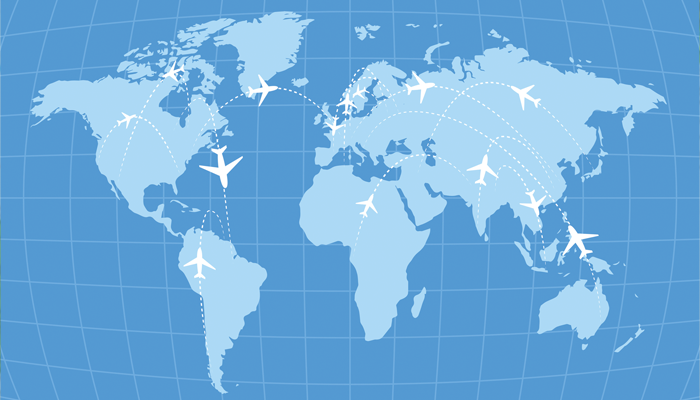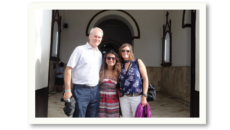In 2016, 5,372 children were adopted from other countries by U.S. citizens, according to the “2016 Annual Report on Intercountry Adoptions,” released by the U.S. Department of State (DOS) in mid-April. This figure is lower than the 5,647 children adopted in 2015, and continues the decline since international adoptions peaked in 2004, when 22,884 children were adopted.
The top five sending countries in 2016 were China (2,231), the Democratic Republic of the Congo (359), Ukraine (303), South Korea (260), and Bulgaria (201). Eighty-nine children born in the U.S. were adopted by families in seven other countries: Canada (39), the Netherlands (25), Ireland (13), Austria (5), Switzerland (4), Mexico (2), and the United Kingdom (1).
Within the report, the DOS outlined ongoing efforts to maintain intercountry adoption as an option for children in need of permanency, as well as the three major concerns that arose repeatedly throughout talks with other countries. They are:
Post-Adoption Reporting: Most countries that allow U.S. citizens to adopt require post-adoption reports on the children’s welfare. Although parents agree to this, often in writing, at the time of the adoption, compliance has tended to be incomplete. The DOS has designated May 15, 2017 “Post-Adoption Report Day” and is calling for all parents who have missed submitting one or more reports to complete them. As stated in the annual report, “When parents fail to fulfill the obligation they agreed to, it reflects badly on U.S. adoptions and may impact the country’s willingness to continue to engage and partner with the United States. … Several countries have conditioned the resumption of intercountry adoptions on receiving post adoption reports from parents who previously adopted children from that country.”
Unregulated Custody Transfer (UCT): This harmful and illegal practice (also referred to by some as “rehoming”) refers to the physical transfer of a child who was adopted to another family or individual while intentionally circumventing accepted safeguards. A governmental UCT working group has been striving to address this harmful practice. Initiatives include improving post-adoption services and “adoption competence” in mental health care; strengthening adoptive parent training; establishing a reporting system for UCT cases; requiring “prospective adoptive parents to disclose previous adoption dissolutions or disruptions”; and surveying state laws.
ASP Conduct: Several countries also raised concerns about unethical or illegal practices by ASPs, or adoption service providers. “While it often takes the concerted actions of many people in order to perform intercountry adoptions well, it is the Department’s experience that it only takes one person acting in an unethical manner to imperil the continuation of intercountry adoptions for all children for an extended period of time,” write the DOS on their report.



